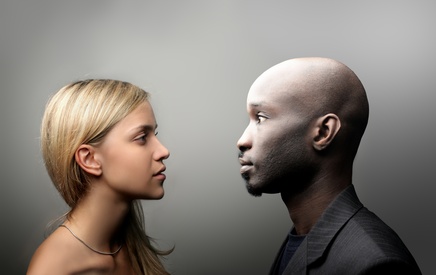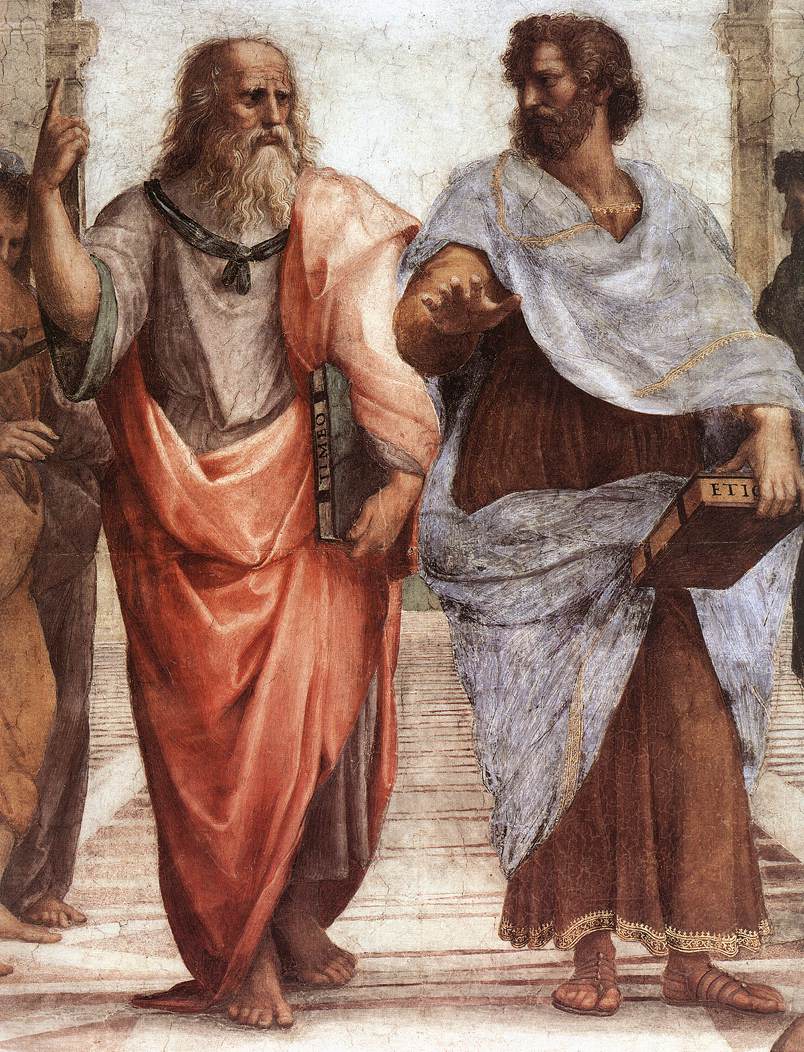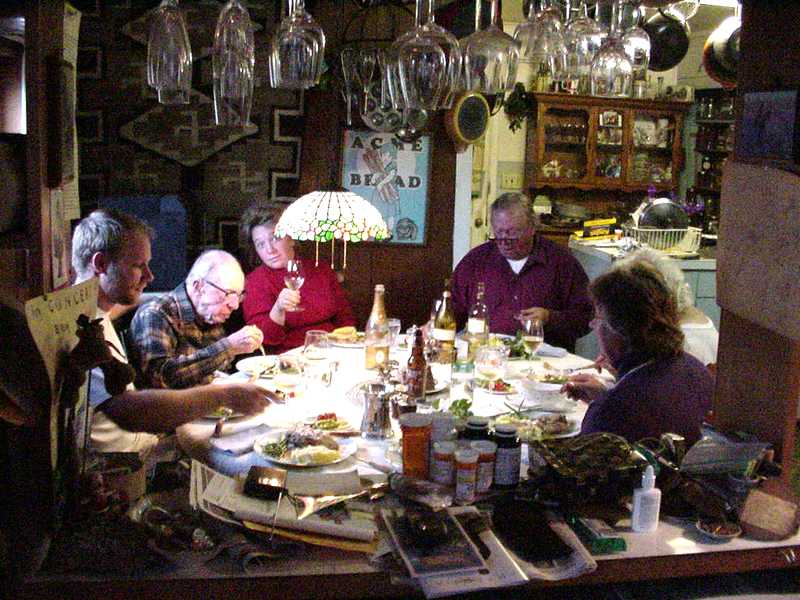Spectrums Project: Update
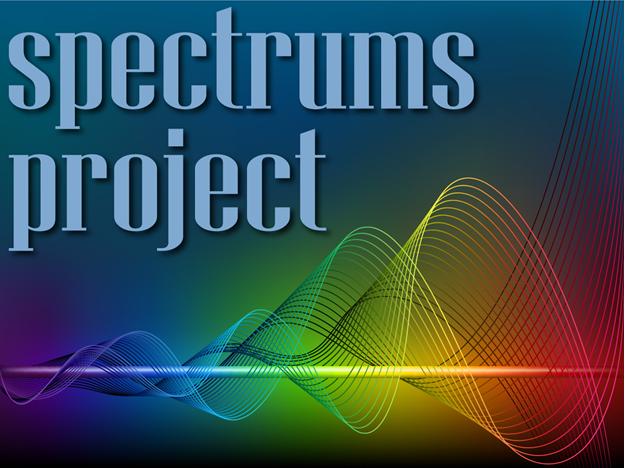 IBCSR’s Spectrums Project is an ambitious attempt to apply what is known about ideological spectrums in politics and morality to the field of religious beliefs and practices. The Project’s goal is twofold: firstly, to deepen understanding of why human beings adopt a spectrum of religious and theological viewpoints; and secondly, to discover strategies for mitigating the problems associated with religious extremism and polarized religious discourse.
IBCSR’s Spectrums Project is an ambitious attempt to apply what is known about ideological spectrums in politics and morality to the field of religious beliefs and practices. The Project’s goal is twofold: firstly, to deepen understanding of why human beings adopt a spectrum of religious and theological viewpoints; and secondly, to discover strategies for mitigating the problems associated with religious extremism and polarized religious discourse.
IBCSR’s main partners in this project are Dr. Catherine Caldwell Harris in Boston University’s Psychology Department. The project’s post-doctoral fellow is Dr. Aimee Radom, who recently completed a dissertation on a related topic through Boston University’s Graduate School. Two doctoral students are working on the project as well: Connor Wood and Nicholas DiDonato. Both are earning their PhDs in the Religion and Science Program within Boston University’s Graduate School. This project is funded by Boston University’s School of Theology, the Arthur Vining Davis Foundations, and the Institute for the Biocultural Study of Religion.

 If you watch the news or read the opinion pages, you could be forgiven for thinking that liberals and conservatives are members of completely different species. But why is it that these different groups have such a hard time getting along? A team of scientists from Nebraska thinks that the answer has to do with people’s bodies – specifically, how they’re physiologically predisposed to respond to the good and bad in their environments. The difference between conservatives and liberals, then, may go all the way down to the brainstem, and this difference can affect religious ideology too.
If you watch the news or read the opinion pages, you could be forgiven for thinking that liberals and conservatives are members of completely different species. But why is it that these different groups have such a hard time getting along? A team of scientists from Nebraska thinks that the answer has to do with people’s bodies – specifically, how they’re physiologically predisposed to respond to the good and bad in their environments. The difference between conservatives and liberals, then, may go all the way down to the brainstem, and this difference can affect religious ideology too.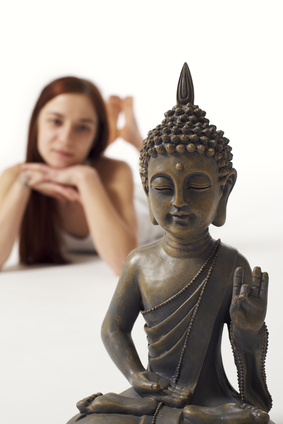 In Europe and North America, most religious people are Christian. This means that debates between theological liberals and conservatives in these countries are often about things like the divinity of Christ, the validity of other world religions, and the existence of Hell. But the Spectrums project team has been researching patterns in ideology that transcend just the Christian tradition, and contemporary Buddhism offers a powerful example of how conservative/liberal differences play out in non-Christian faiths. A series of innovative websites on Buddhist culture and secularism demonstrates exactly how.
In Europe and North America, most religious people are Christian. This means that debates between theological liberals and conservatives in these countries are often about things like the divinity of Christ, the validity of other world religions, and the existence of Hell. But the Spectrums project team has been researching patterns in ideology that transcend just the Christian tradition, and contemporary Buddhism offers a powerful example of how conservative/liberal differences play out in non-Christian faiths. A series of innovative websites on Buddhist culture and secularism demonstrates exactly how. In general, the stereotypical religious conservative understands God as ready to punish those who sin. By contrast, the stereotypical religious liberal views God as ready to forgive anyone and everyone. These views need not be completely incompatible, but each view has a different emphasis: one on justice and the other on love. Psychologists Azim F. Shariffa (University of Oregon) and Ara Norenzayan (University of British Columbia) have found that the former conception of God rather than the latter correlates with increased moral behavior.
In general, the stereotypical religious conservative understands God as ready to punish those who sin. By contrast, the stereotypical religious liberal views God as ready to forgive anyone and everyone. These views need not be completely incompatible, but each view has a different emphasis: one on justice and the other on love. Psychologists Azim F. Shariffa (University of Oregon) and Ara Norenzayan (University of British Columbia) have found that the former conception of God rather than the latter correlates with increased moral behavior. Most have long recognized that political liberals and conservatives have different outlooks on life. More precisely, research indicates that liberals tend to emphasize provision and conservatives tend to emphasize protection. Naturally, psychologists Kathrin Hanek (University of Michigan), Bradley Olson (National Louis University), and Dan McAdams (Northwestern University) wanted to see if these preferences would emerge in prayer. Much to their surprise, they found that while liberals’ prayers did in fact stress provision more than conservatives’, the prayers of both liberals and conservatives laid equal emphasis on protection.
Most have long recognized that political liberals and conservatives have different outlooks on life. More precisely, research indicates that liberals tend to emphasize provision and conservatives tend to emphasize protection. Naturally, psychologists Kathrin Hanek (University of Michigan), Bradley Olson (National Louis University), and Dan McAdams (Northwestern University) wanted to see if these preferences would emerge in prayer. Much to their surprise, they found that while liberals’ prayers did in fact stress provision more than conservatives’, the prayers of both liberals and conservatives laid equal emphasis on protection.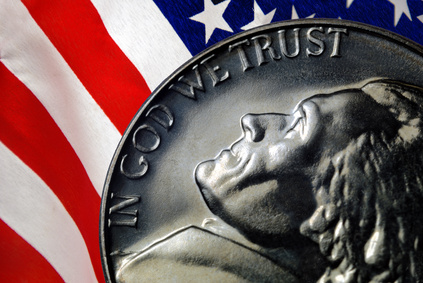
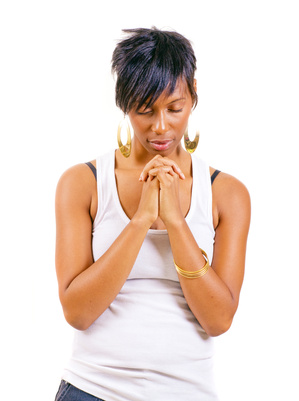 Since 1990, more and more Americans have begun considering themselves “non-religious” (or “nones”). When plotted on a graph, the number of nones skyrockets at around 1990 and continues full steam ahead, making America seem destined for secularity within a generation. Well, a generation has passed and yet America remains quite religious. Sociologists Michael Hout and Claude S. Fischer (both University of California, Berkeley) have reanalyzed the data on America’s waning religiosity and found that what Americans oppose is organized religion rather than religion itself.
Since 1990, more and more Americans have begun considering themselves “non-religious” (or “nones”). When plotted on a graph, the number of nones skyrockets at around 1990 and continues full steam ahead, making America seem destined for secularity within a generation. Well, a generation has passed and yet America remains quite religious. Sociologists Michael Hout and Claude S. Fischer (both University of California, Berkeley) have reanalyzed the data on America’s waning religiosity and found that what Americans oppose is organized religion rather than religion itself.